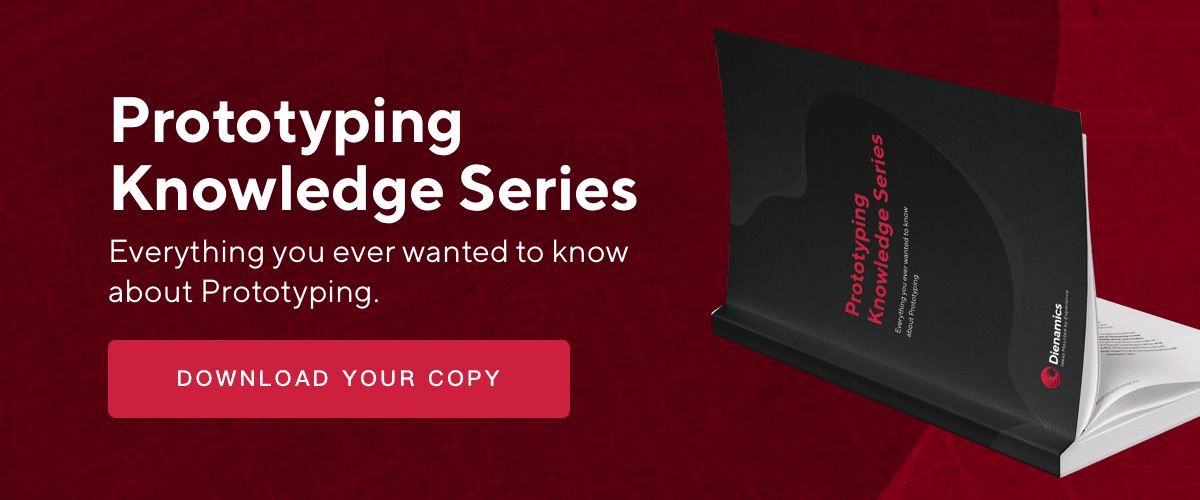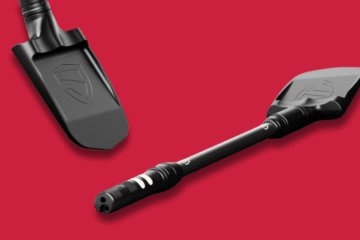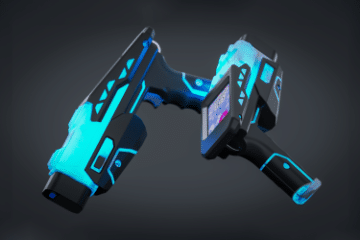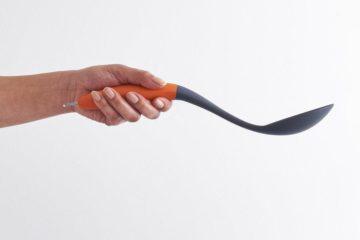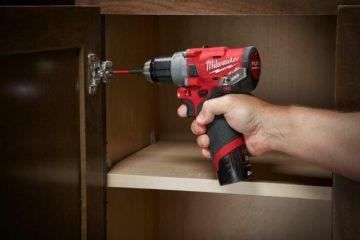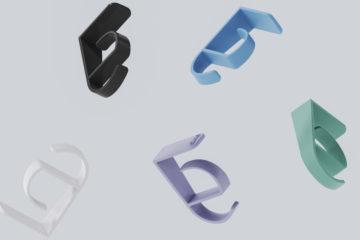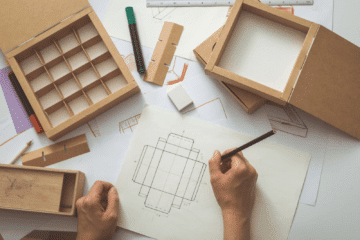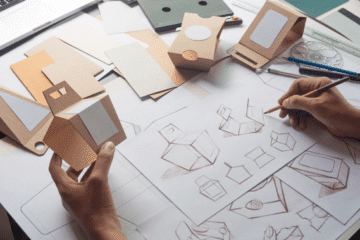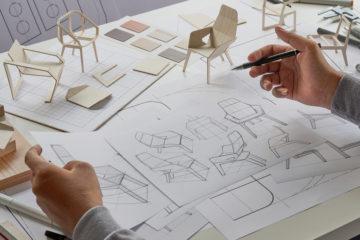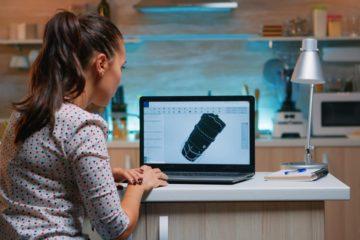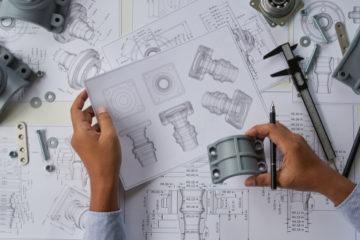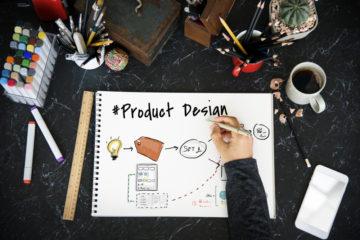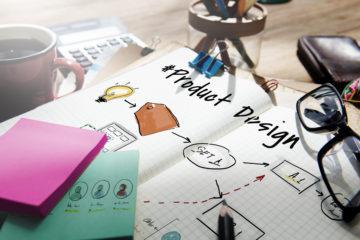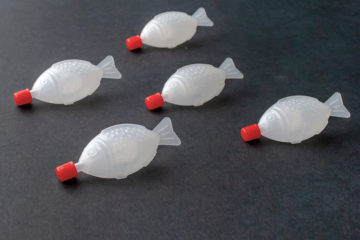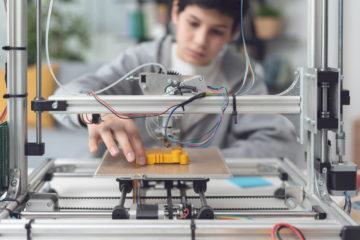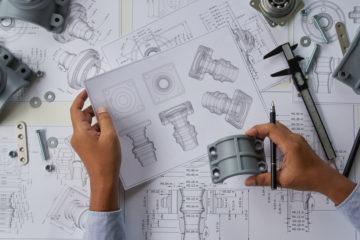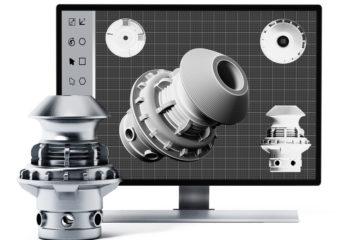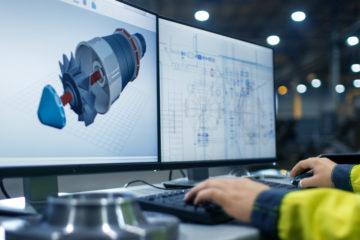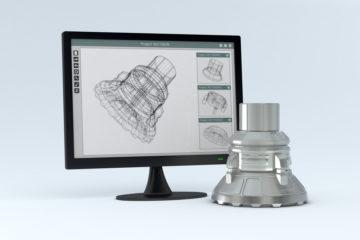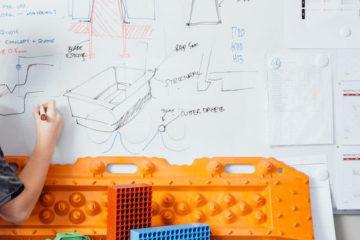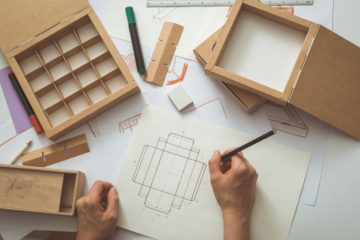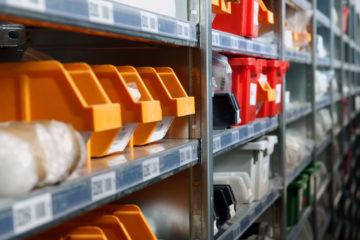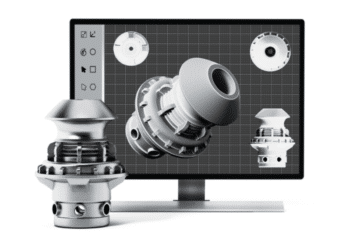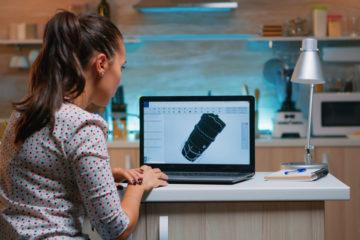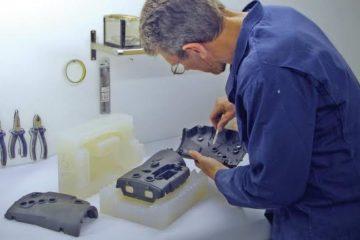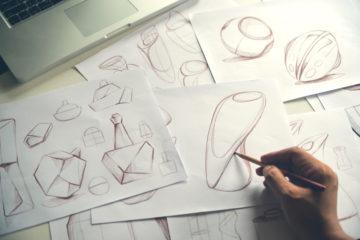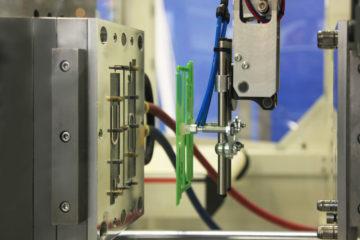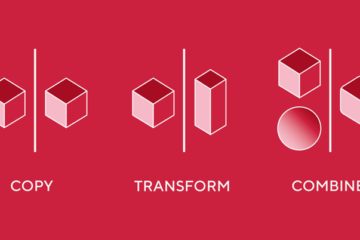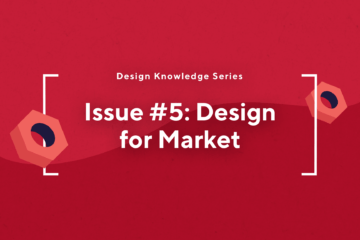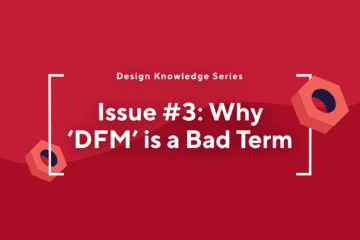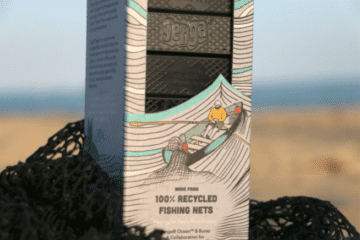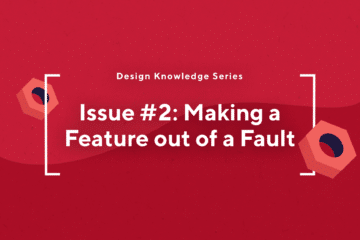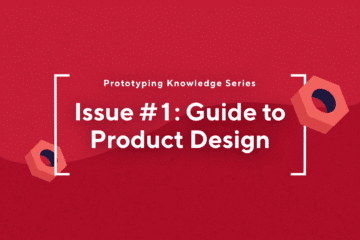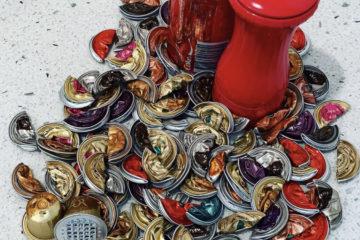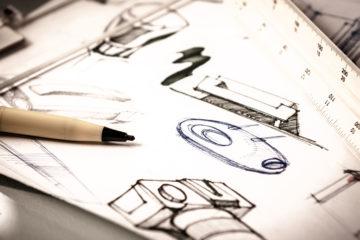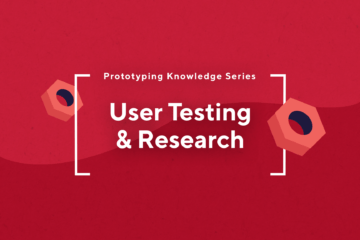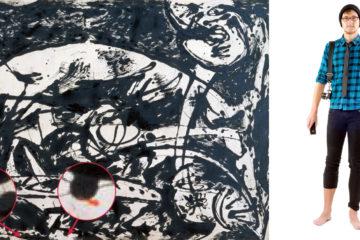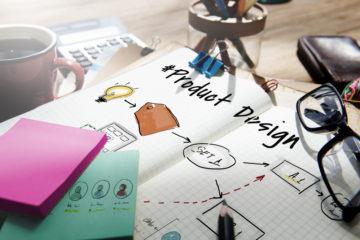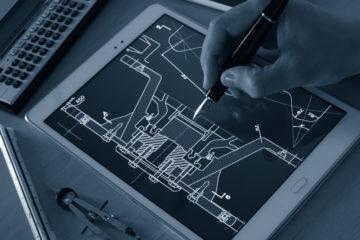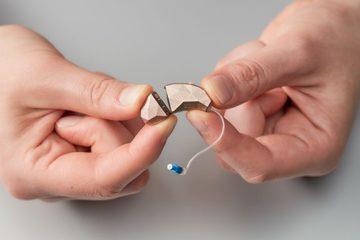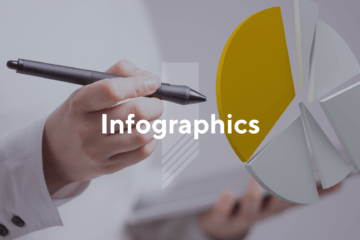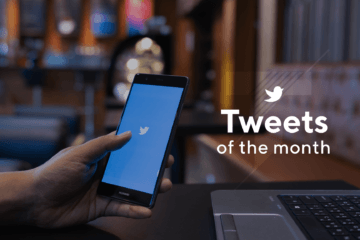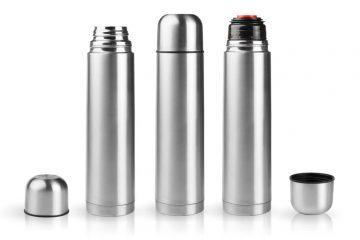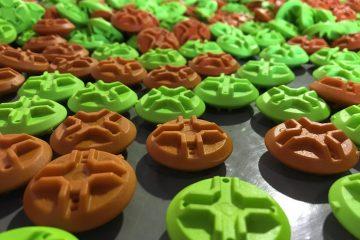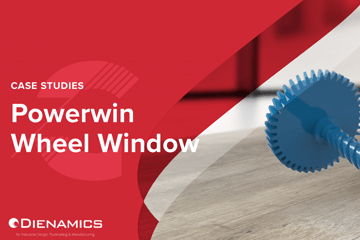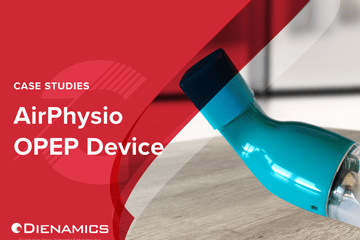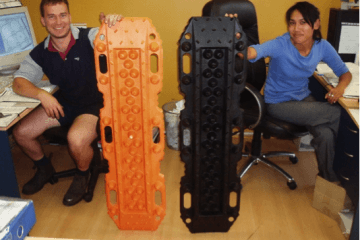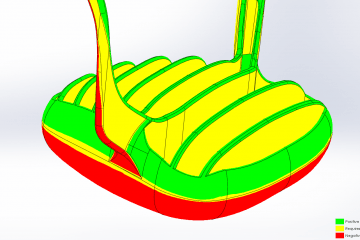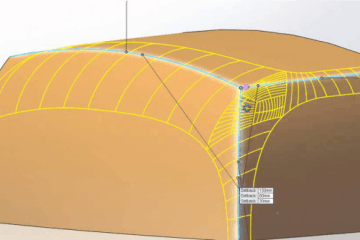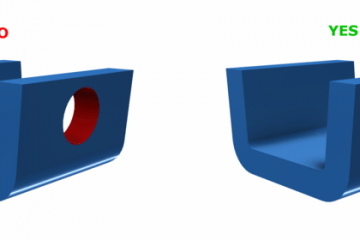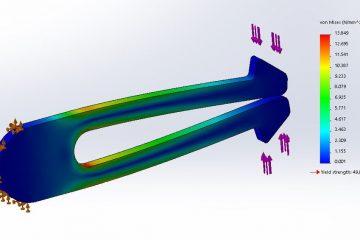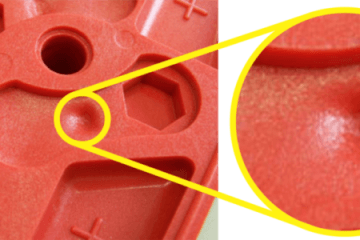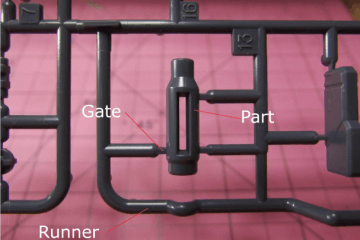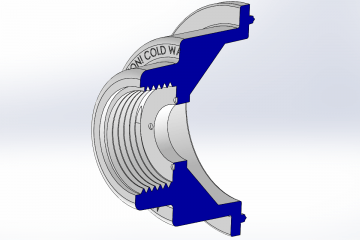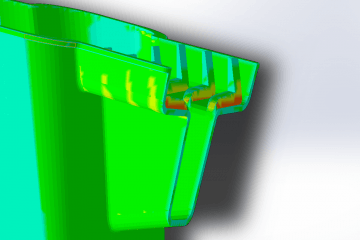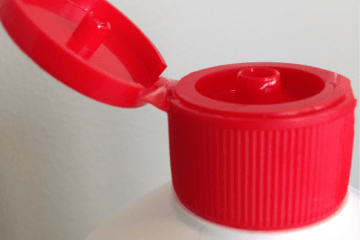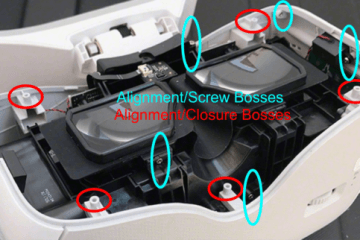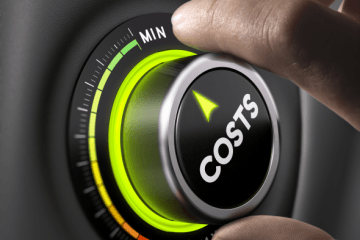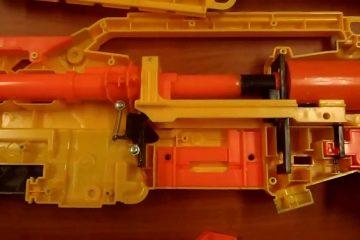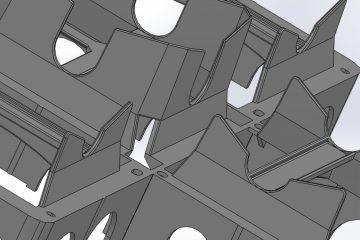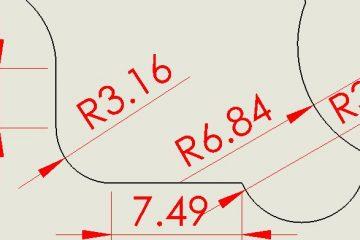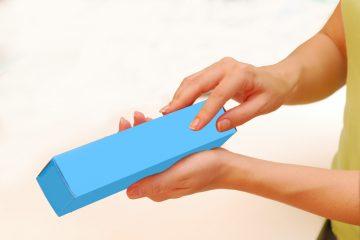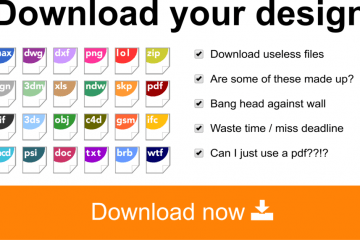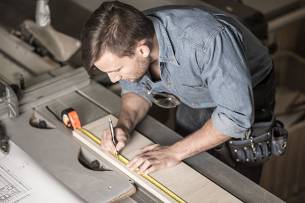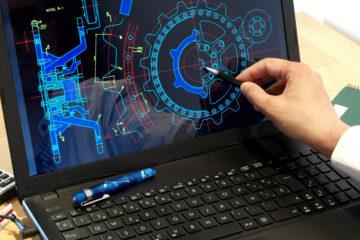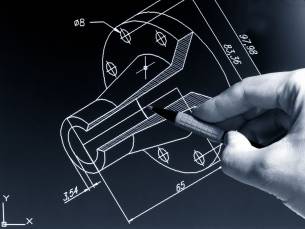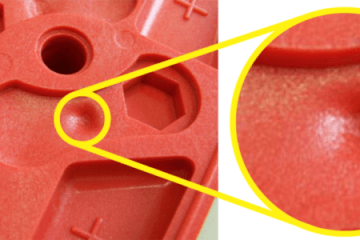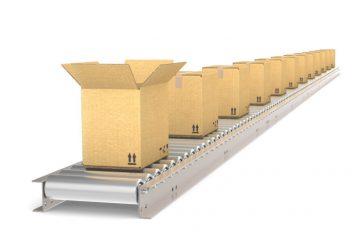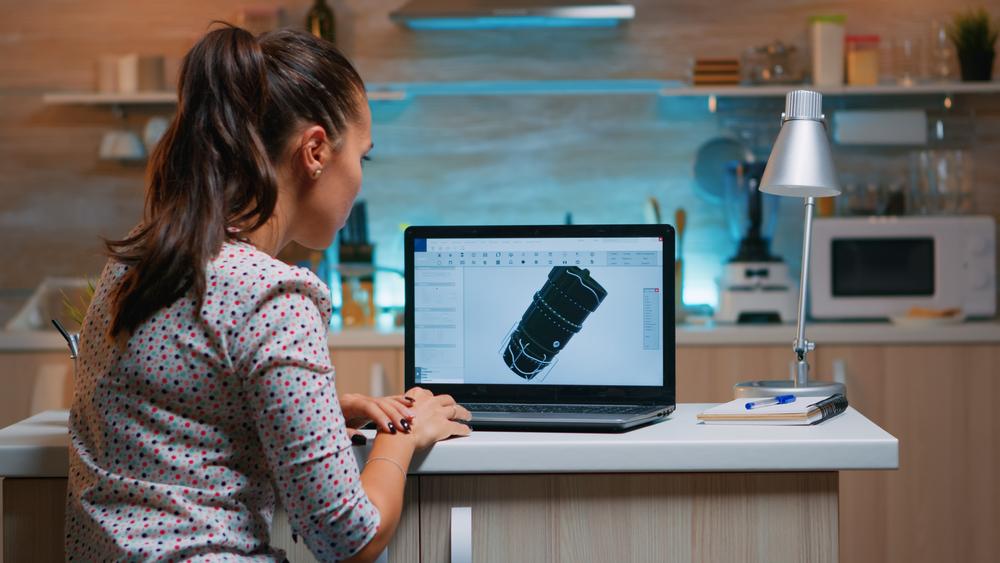 Considering a career in industrial design? Here’s all you need to know about what industrial designers do and pathways into the design industry.
Considering a career in industrial design? Here’s all you need to know about what industrial designers do and pathways into the design industry.
Industrial designers use a mixture of creative and technical skills to design commercial products and consumer goods.
Industrial designers design products for a wide range of uses. This can include consumer goods, such as toys, furniture and appliances, or machinery, tools and products used in manufacturing and heavy industry.
So, what tasks and duties does an industrial designer do?
- Developing design concepts and product prototypes using hands-on methods and CAD software
- Undertaking research to analyse and determine product aesthetic, functional, and commercial requirements
- Preparing design sketches, illustrations, charts, models, and samples to present to clients and manufacturers
- Working with engineers, manufacturers, and product testers to create and refine designs
- Interpreting design briefs and estimating production costs based on materials, timeframes and specifications
- Showcasing design solutions to clients and stakeholders and discussing modifications to designs based on manufacturing constraints, or client and stakeholder feedback
Industrial designers need complex problem-solving skills, and the ability to work across both hands-on and digital techniques. Careers include working in design agencies, government departments and companies in scientific, technical, manufacturing and retail industries.
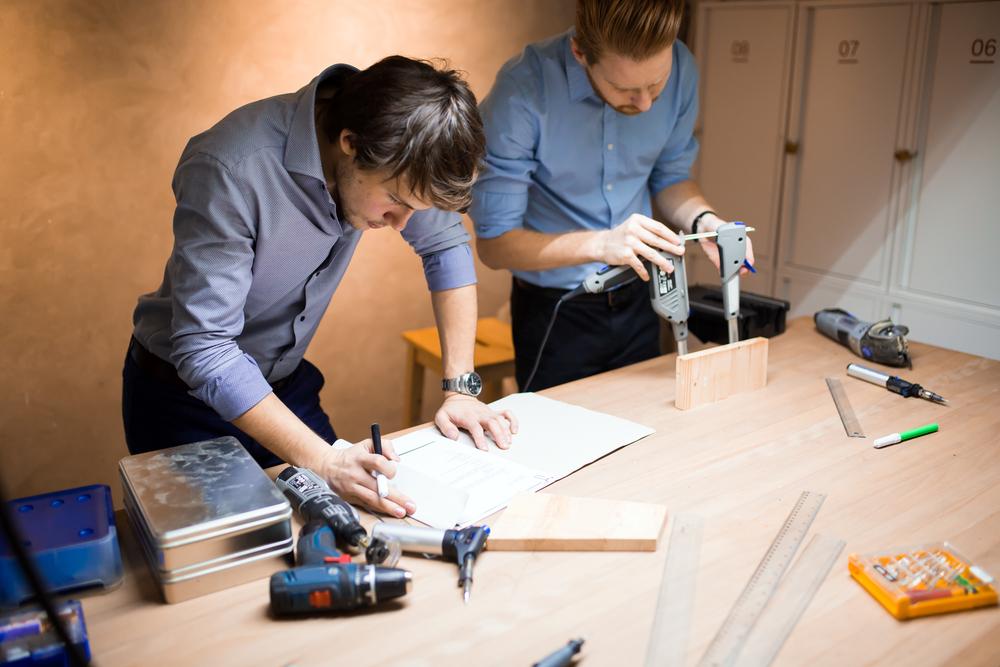
How to become an Industrial Designer?
To become an industrial designer, you need to complete formal study. More than half of people currently working in this role have a bachelor’s degree.
In Queensland, there are numerous courses that can lead to careers in the Industrial Design sector, including:
- Griffith University – Bachelor of Industrial Design
- QUT – Bachelor of Design (Industrial Design)
Completion of bachelor’s degrees like these prepare students for work as industrial designers, product designers, entrepreneurs, and creative designer-makers.
But as with many career pathways today, it’s important to also gain practical industry experience during or after your study. And indeed some degrees include study tours and internships…
It’s strongly recommended to apply for any part-time employment within the industry while you’re still at Uni. Even if you’re not “designing”… just working in the office or workshop will give you valuable skills and experience you can’t get in the classroom.
Similarly paid or unpaid internships with industry experts are a great way to gain that real world experience employers are looking for.
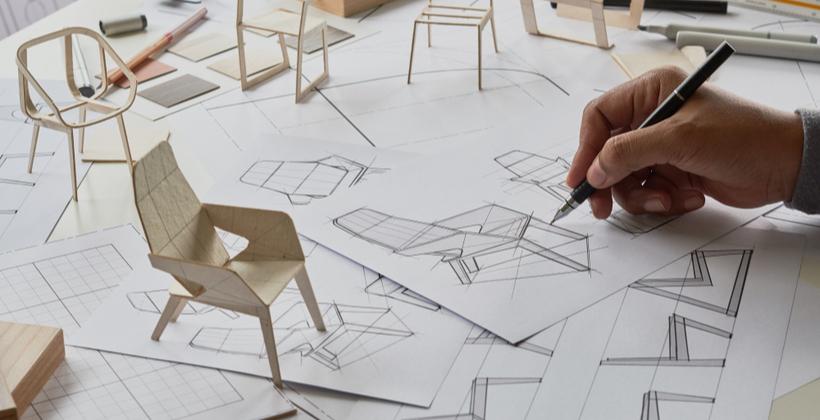
What can industrial designers specialise in?
As an industrial designer, you can specialise in many different areas, including:
- Airline interior design/ styling
- Car design
- Car interior design
- Design directing
- Furniture reproduction
- Glass technology
- Heavy equipment design
- Injection moulding
- Lighting design
- Model building
- Product photographing
- Stencil making
- Sports equipment design
- Safety clothing and equipment design
- Transportation design
- Tool design/ making
If you can combine creative, technical and digital skills, then a career in industrial design may be right for you. Design and creative skills are highly sought after by employers and now is the perfect time to find your way into a growing industry.
The team at Dienamics is always happy to provide advice to those interested in a career in the product design industry…
We’re experts in the industry and offer services across product design, prototyping, manufacturing, injection moulding, digital presentations, and more. Talk to our team of experts for all your design needs today.
Subscribe to Our Newsletter
Get the latest news from Dienamics into your inbox





